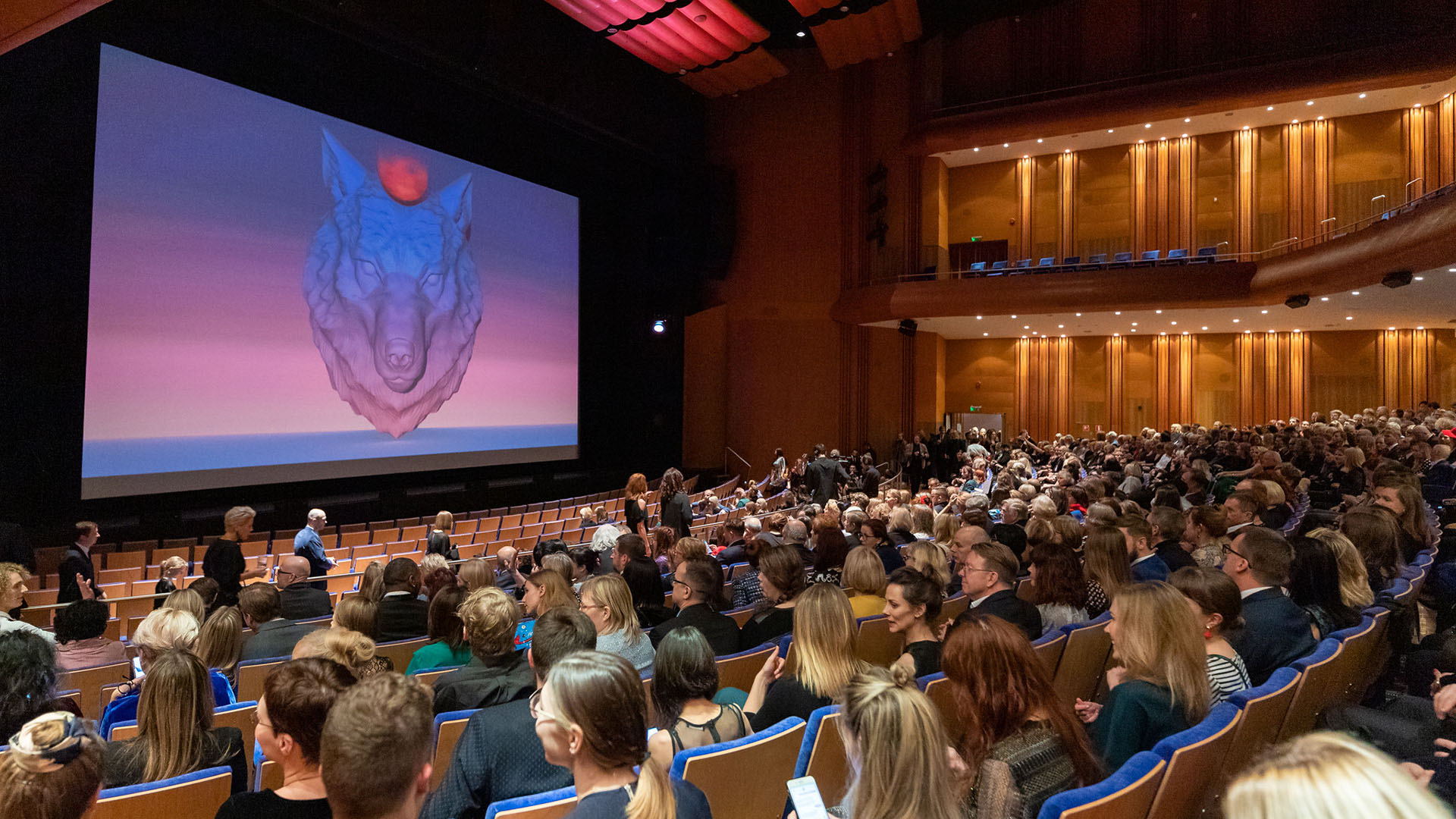
Besides Serbia, the SEE countries include Slovenia, Croatia, Montenegro and North Macedonia. Check out the Opening Film of PÖFF 2023!
Tallinn Black Nights Film Festival’s (PÖFF) 27th edition will set a focus on Serbia and SEE* (South-Eastern European) cinema, as the festival screens 13 new films from the region in vast all programme lines.
Meanwhile, the intriguing Yugoslavian Black Wave cinema from the 1960s–1970s will have a major role in this year's retrospective programme.
The Guardians of the Formula (dir. Dragan Bjelogrlić) will open the festival on the grand Opening Ceremony. The film is based on Goran Milašinović's book The Vinča Incident, and received the prestigious Variety Critics' Award at the Locarno Film Festival this summer. The film is based on lesser-known historical facts about Yugoslavia's participation in the Cold War, and is co-produced by Serbia, Slovenia, Montenegro, and North Macedonia. The Opening Ceremony will take place on Friday, November 3rd, at the Alexela Concert Hall. The event will feature the presentation of the festival's prestigious lifetime achievement award and the announcement of the Bruno O'Ya Young Actor scholarship recipients. Additionally, the Ukrainian audiovisual art project "Wall Paintings," which uses Banksy's street art on war-damaged buildings to depict the impact of war on people, will be presented.

PÖFF competition programmes will host two world premieres from this year's Focus. The announcement schedule of the competitions can be found here. The already announced International Youth Competition Programme of Just Film sub-festival will host world premiere of Sweet Sorrow by Kosta Djordjević. Altogether, 13 to-be-announced new films will screen in Focus: Serbia and SEE* Neighbours programme.
Festival Director, Tiina Lokk, believes that the films from this region, although known only by a few names in Estonia and Northern Europe, deserve wider recognition and a larger audience. She highlights that the focus countries share not only a close-knit history but also a strong tradition of co-production in the film industry. "Our focus countries are united by a robust tradition of history, traditions and co-production, and that's something that defines a successful contemporary cinema. No matter how complex the times and relationships may be, our focus countries have consistently found a way to work together in film production, thereby forging cultural connections," she explains.

In Focus: Yugoslavian Black Wave
Tiina Lokk is also honoured to introduce Yugoslavian Black Wave from the 1960s–1970s to the northern festival audiences. These films, though less known, used innovative approaches to explore social taboos and the darker aspects of human nature within the socialist society. All the presented retrospective films have been restored.
Lokk states: "The relatively overlooked Black Wave movement from Yugoslavia represents a quintessential New Wave cinema that emerged in the Post-War European era. The Yugoslavian cinema from the particular era has incredibly strong features, and the filmmakers from the region managed to affect film art in the whole Europe."
The line-up of In Focus: Yugoslavian Black Wave:
Three Girls Named Ana (Tri Ane) (1959), dir Branko Bauer
A Couple (Dvoje) (1961), dir Aleksandar Petrović
Man Is Not a Bird (Čovek nije tica) (1965), dir Dušan Makavejev
The Girl (Devojka) (1965), dir Mladomir (Puriša) Đorđević
Don't Come Back by the Same Way (Po isti poti se ne vračaj) (1965), dir Jože Babič
When I Am Dead and White (Kad budem mrtav i beo) (1967), dir Živojin Pavlović
Innocence Unprotected (Nevinost bez zaštite) (1968), dir Dušan Makavejev
Crows (Vrane) (1969), dir Ljubiša Kozomora and Gordan Mihić
The Scene of the Crash (Putovanje na mjesto nesreće) (1971), dir Zvonimir Berković
Get your Opening Ceremony tickets HERE